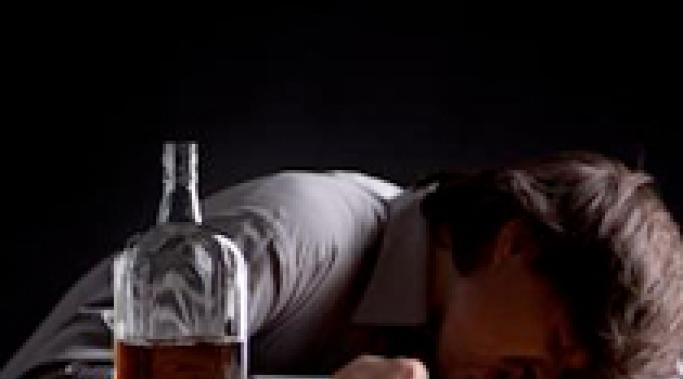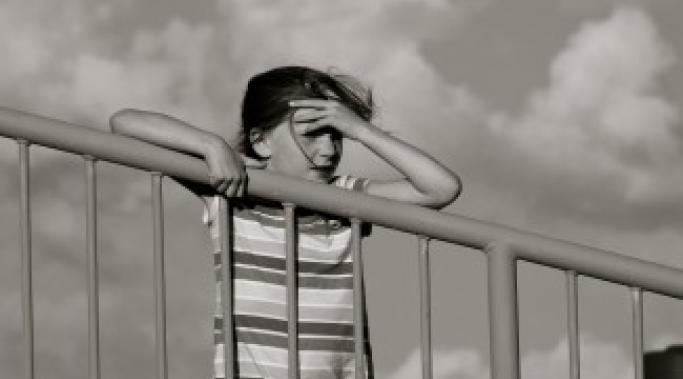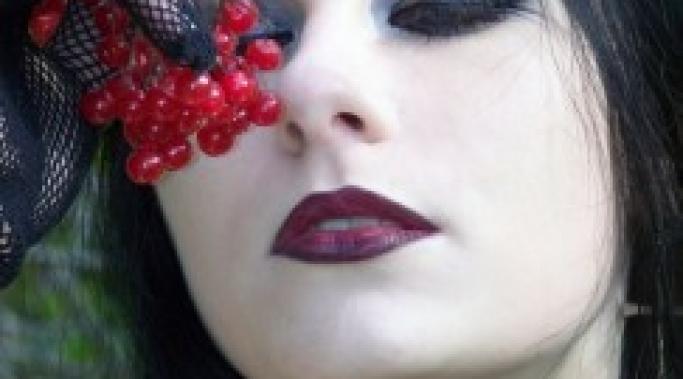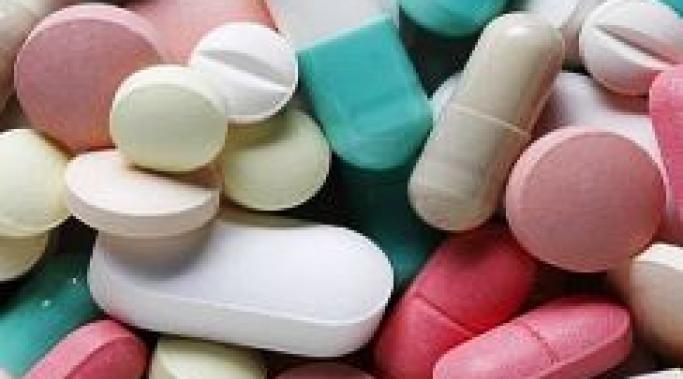Blogs
Recently I found myself feeling depressed. As is usually the case, there were different triggers involved. Some were hormonal as I was pre-menstrual. Others were personal as my parents are in the process of splitting up and it’s been an emotional time for all involved. Like so many, I was also surprised and hit hard by the suicide of Robin Williams. Add in my wonky brain chemistry, and I was off to the depression races.
Schizophrenia is an illness that causes intense pain and distress for its victims. In our suffering, we can seek solace and relief in ways that can worsen our symptoms. Some of us will turn towards drugs and alcohol in a desperate attempt to dull our pain. I, myself, was one of those individuals. Initially, I used alcohol as a way to cope with the pain that I experienced due to my schizophrenia symptoms. This temporary relief came at a great cost, however. Inevitably my illness worsened and my path towards recovery became more difficult.
Images of impossibly thin women with micro-waistlines and not a pucker of cellulite swamp the media. Luckily, we’re getting better at spotting the fakes. Thanks to widespread awareness campaigns, we know that, because of Photoshop’s “enhancing effects,” the models we see on posters and in magazines whose physiques seem too good to be true are just that—not true.
But if we are more aware of magazine myths and are getting behind positive body image campaigns like Dove’s, why does the “thin ideal” still reign?
The past week has been quite an emotional one for many, especially many in the mental health community. The death of beloved actor Robin Williams by suicide on August 11, has shaken our community to the core.
Why? What is it about Williams and his manner of death that touched so many of us? Many of us understand depression. We get being suicidal. We understand what it’s like when our kids or grandkids ask us to play and we must say, “No, I’m sorry honey. I just don’t feel up to it right now.”
That terrible mix of guilt and fear, blended with the self-loathing because we feel like we have no energy, yet refuse to stop beating ourselves up over the very depression that is making us feel that way.
One of my therapists used to tell me, often, that life is about participation, a "contact sport," as she liked to put it. She said that people who know how to live skillfully had usually learned good social and emotional skills from their parents, including how to fit in and participate with other people.
My parents must have skipped that particular chapter in their copy of Parenting 101. Most of the constructive skills I've learned, I learned as an adult. The good news is, even anxious people can learn new ways of participating in the world. It only takes two things: the belief that things can change, and the willingness to practice.
Over the past few months, I have been experiencing more anxiety and panic attacks than I have been used to. Many people take anxiety medication to control anxiety and I am no exception. Before I was medicated, the anxiety was unbearable and uncontrollable. Many years ago, I worked with my doctor to gain as much control over anxiety as possible.
Prescribing medicine, whether for physical or mental illness, is not an exact science. The medicine that provides relief for one person may not provide relief for another. Even when two people are on the same medication, they may be on different doses or need to take them at different times of the day.
I eat too much ice cream. I admit it. Häagen-Dazs and I have far too close a relationship. And the fact that this close relationship exists indicates that I’m losing a battle with my bipolar brain.
Throughout my numerous trips to treatment for anorexia, I have had the opportunity to connect with some amazing women. (While I have never been in a treatment facility with men, I have also met some amazing men through the course of my recovery.) Some of these women I met while they were still adolescents -- 14, 15, 16 years old. And this week, many of them are headed to college -- moving into dorms, meeting new people, taking harder classes. I'll be honest, I am scared to death that many of them are going to suffer an eating disorder relapse.
Sometimes, as in the case of Robin Williams, mental health help fails. It's a minority of the time, but it happens. So what should we do when our help doesn't help? How can we change a treatment failure into a treatment success?
By now you have probably been involved in the Amyotrophic Lateral Sclerosis (ALS) Ice Bucket Challenge, and if you haven’t, you probably will be in the very near future. This challenge has taken over social media outlets and even the news for the past month. Even though I do have some issues involving the challenge (the obvious waste of water), awareness for this illness has spread and that truly is what counts.
If people can dump buckets of ice water over their heads hoping that people will either donate to ALS and/or turn to the bucket, there could be endless other ways to spread awareness for other diseases and organizations. It’s great that this generation is becoming creative with ways to spread awareness to issues close to their hearts.
However, if we are willing to do crazy things to spread awareness for ALS, we can do just as unique things to spread awareness for other issues – such as mental illness and self-harm.









